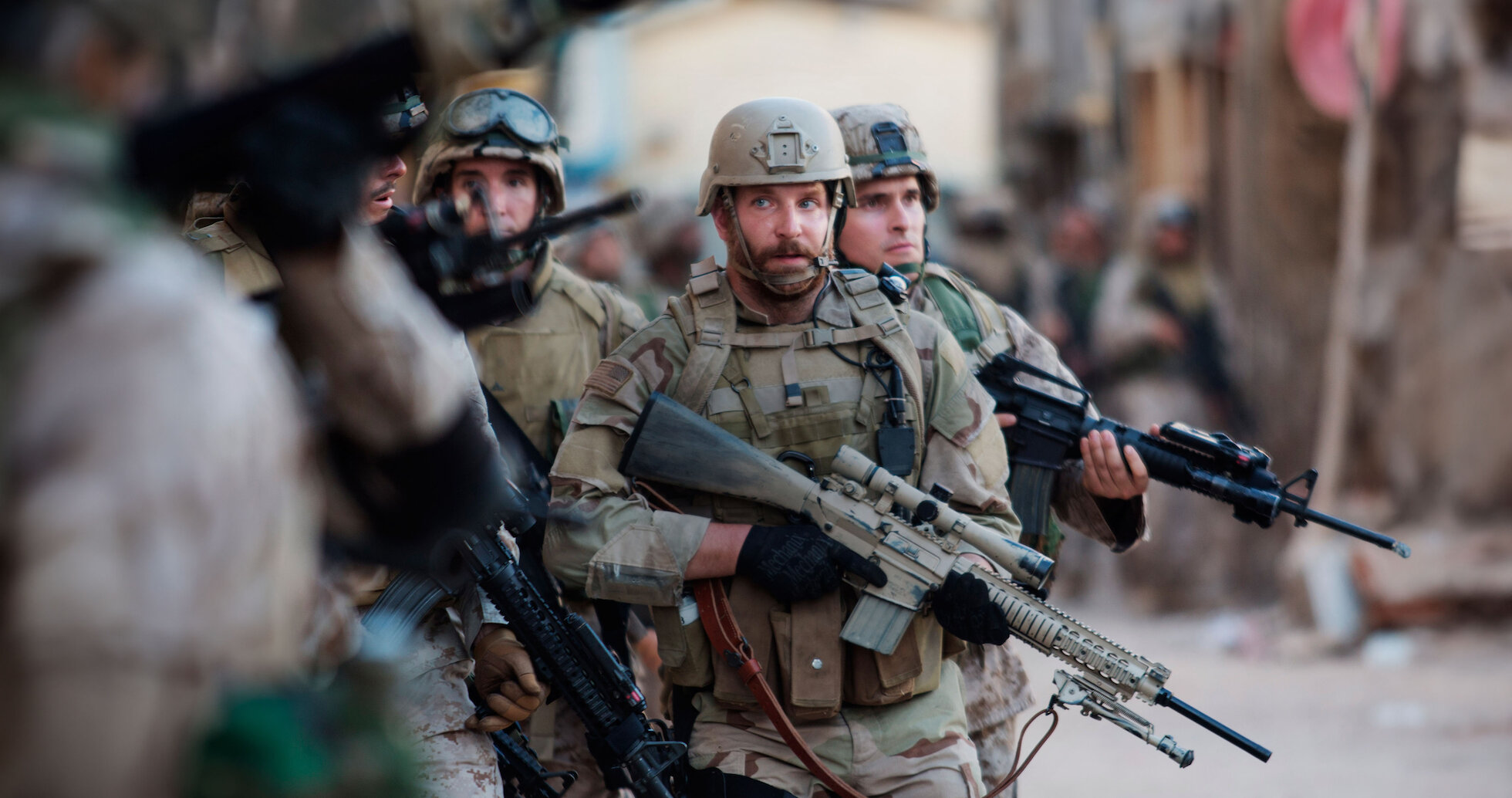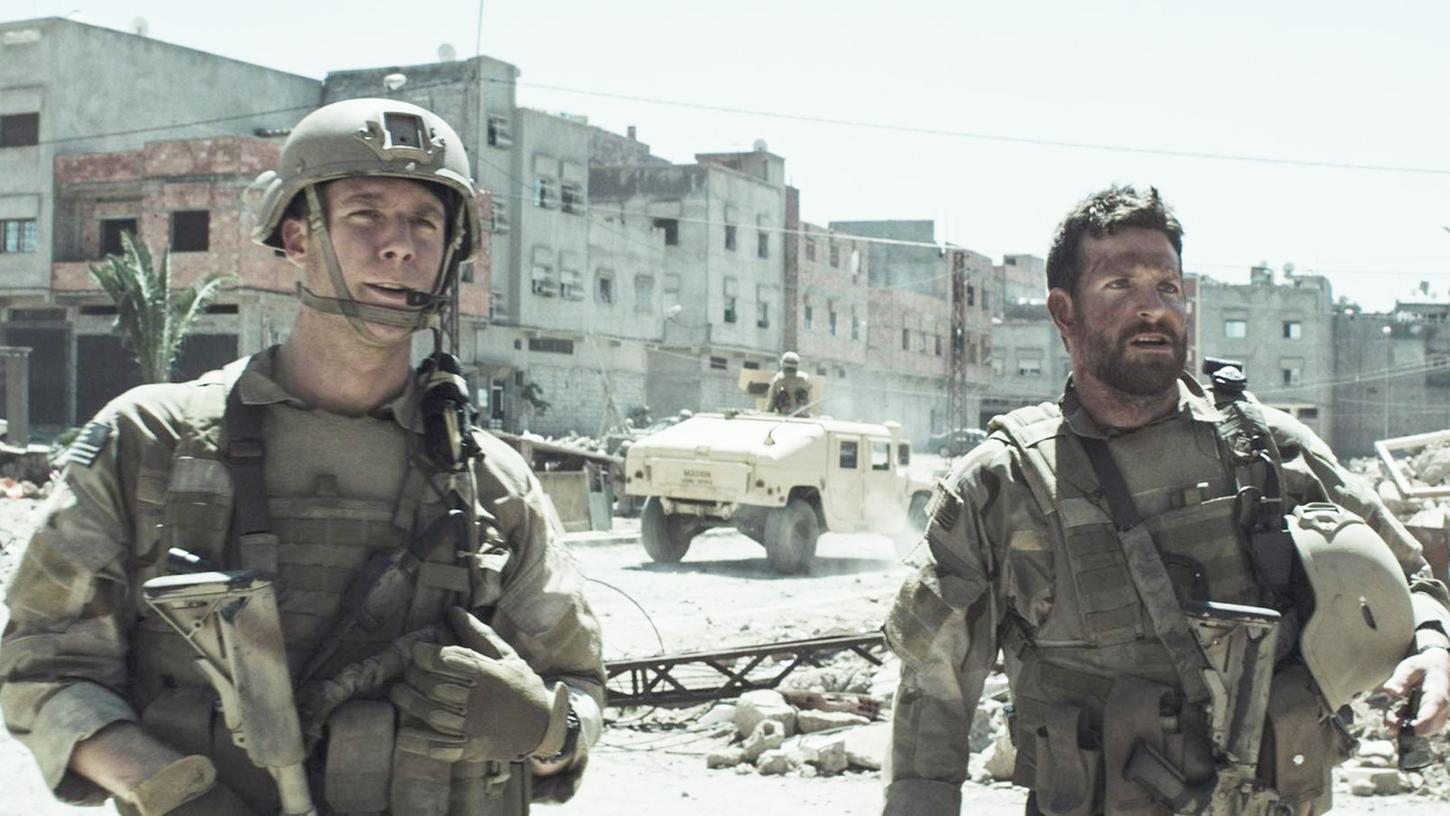“American Sniper,” directed by Clint Eastwood and starring Bradley Cooper, had a significant impact on war films and popular culture when it was released in 2014. The film, based on the autobiography of Navy SEAL sniper Chris Kyle, explored themes of patriotism, duty, and the toll of war on the individual.
One of the key aspects of the film’s success was its portrayal of the complexities of war and the emotional and psychological consequences faced by soldiers. Through the character of Chris Kyle, the audience was given a glimpse into the challenges and moral dilemmas that soldiers experience in combat. This humanized portrayal resonated with viewers and sparked important conversations about the realities of war.

“American Sniper” also sparked debates about the portrayal of Iraqis in the film. Some critics argued that the film perpetuated negative stereotypes, while others praised its nuanced depiction of the complexities of the Iraq War. Regardless of the differing opinions, the film generated important discussions about representation and the responsibilities of filmmakers in portraying real-life events.
The box office success of “American Sniper” solidified its impact on popular culture. The film’s record-breaking earnings demonstrated the audience’s appetite for stories that delve into the human experiences of war. It also paved the way for more war films that focused on the personal journeys of soldiers and the impacts of conflict on individuals and society.

In addition to its cultural impact, “American Sniper” also influenced the filmmaking industry. The success of the film highlighted the demand for well-crafted, thought-provoking war films that go beyond action-packed sequences. It inspired filmmakers to explore similar themes and pushed the boundaries of storytelling in the war genre.
Overall, “American Sniper” left a lasting impression on both war films and popular culture. Its exploration of the complexities of war, emotional depth, and thought-provoking themes set a new standard for the genre. By shedding light on the experiences of soldiers and the impacts of war, the film sparked important conversations and expanded the possibilities of storytelling in cinema.